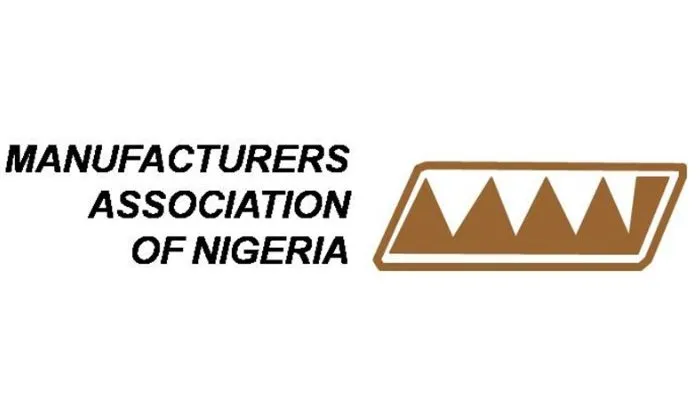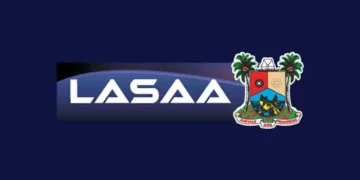The director-general of Manufacturers Association of Nigeria (MAN), Segun Ajayi- Kadir stated that the proposed tax reform will ensure equitable tax treatment for companies operating in the customs territory and those licensed to operate within the free zones with respect to sales into the customs territory, thereby enabling fair competition while protecting the country’s tax base.
He said, “it is clear from the enabling laws and in the third Schedule to the Nigeria Export Processing Zones Authority (NEPZA) Act with the first listed approved activity stated as ‘manufacturing of goods for export’, while other activities relate to international services, transshipment and services within the zones.
“The emphasis here is within the zones. For instance, banking is listed as an approved activity but it does not mean that a bank can set up in the zone and render banking services across Nigeria without paying taxes, rather it refers to banking within the zone and exports. So, this should explain how other activities (apart from manufacturing for export) should be viewed.”
He however said “section 18 permits the sale of goods and services to the customs territory, but this does not confer tax exemption on the sales, but rather a regulatory matter regarding what is permissible. Over time, the provisions of sections 8 and 18 have been misinterpreted as not only permitting the sale into the customs territory but also as tax exemption.”
Ajayi- Kadir explained, “I believe that the tax reform bill before the National Assembly has actually come to the rescue. The bill seeks to bring clarity and equity by stating that sales to the customs territory are taxable, not just for import duties and VAT, but also CIT purposes. That is to say that all sellers in the customs territory should be subject to the same tax obligations.
“It is actually a clarification to align with the intent and letters of the enabling laws. This is in line with global best practice for free zones. In fact, Nigeria will continue to be more generous even after the proposed amendments.”
He cited an example of Ghana only allowing up to 30 per cent sales into the customs territory subject to payment of duties and taxes, including CIT, saying “whereas we allow 100 per cent sales. Exports by a zone entity are tax-free only for 10 years after which up to eight per cent CIT will apply. Nigeria offers indefinite tax exemption on exports.”
He emphasised that the proposed reform will ensure equitable tax treatment for companies operating in the customs territory and those licensed to operate within the free zones with respect to sales into the customs territory, thereby enabling fair competition while protecting the country’s tax base.
“Licensed entities will also enjoy similar incentives available to entities within the customs territory with respect to their sale of goods and services into the Customs Territory, a win-win outcome,” he stated.





